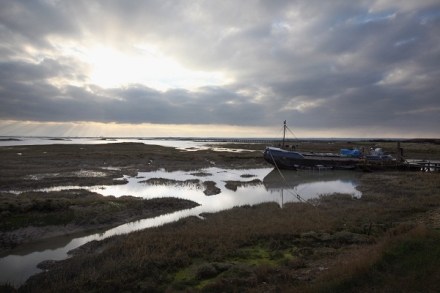Wanted, books to read
I’m off for my annual digital detox: no ConservativeHome, no PoliticsHome, just my wife’s family home in Stockholm and swapping my Blackberry for a primitive mobile with a battery that lasts a week. But before I sign off completely, I’d like to abuse my position to ask CoffeeHousers for book recommendations. I’ve done this for three years now, and each year the results pretty much give me a reading list for the next 12 months. I’ve only now finished the last of summer 2010’s suggestions (Exodus, by Leon Uris.) I’m midway through Max Hastings brilliant All Hell Let Loose, which I’m interspersing with the restored World at War on DVD
















